
The Story of Rex: A 3-Year-Old Canine Warrior
Rex was a magnificent 3-year-old German Shepherd, known for his striking black and tan coat, powerful build, and fierce loyalty. He was the guardian and beloved companion of the Miller family, who lived in a spacious home with a large yard in a suburban neighborhood of Texas. Life for owners Sarah and Tom Miller often involved rigorous training sessions, long hikes on local trails, and working on Rex’s advanced obedience skills.
Their solid, structured life was abruptly shaken in the late fall of 2024.
Tom first noticed that Rex was struggling to put weight on his front leg after their daily rigorous jog. When the veterinary oncologist confirmed the lump on his leg was aggressive: Rex had soft tissue sarcoma.
The diagnosis was a devastating blow, especially for such a robust and active dog. The treatment was complicated: a specialized surgery to save the leg, followed by intensive chemotherapy and potentially radiation. The financial and emotional toll was immense, but the Millers were unwavering.
“He’s a warrior, Tom. He’s a German Shepherd. We will give him every chance to fight,” Sarah affirmed, stroking Rex’s massive head.
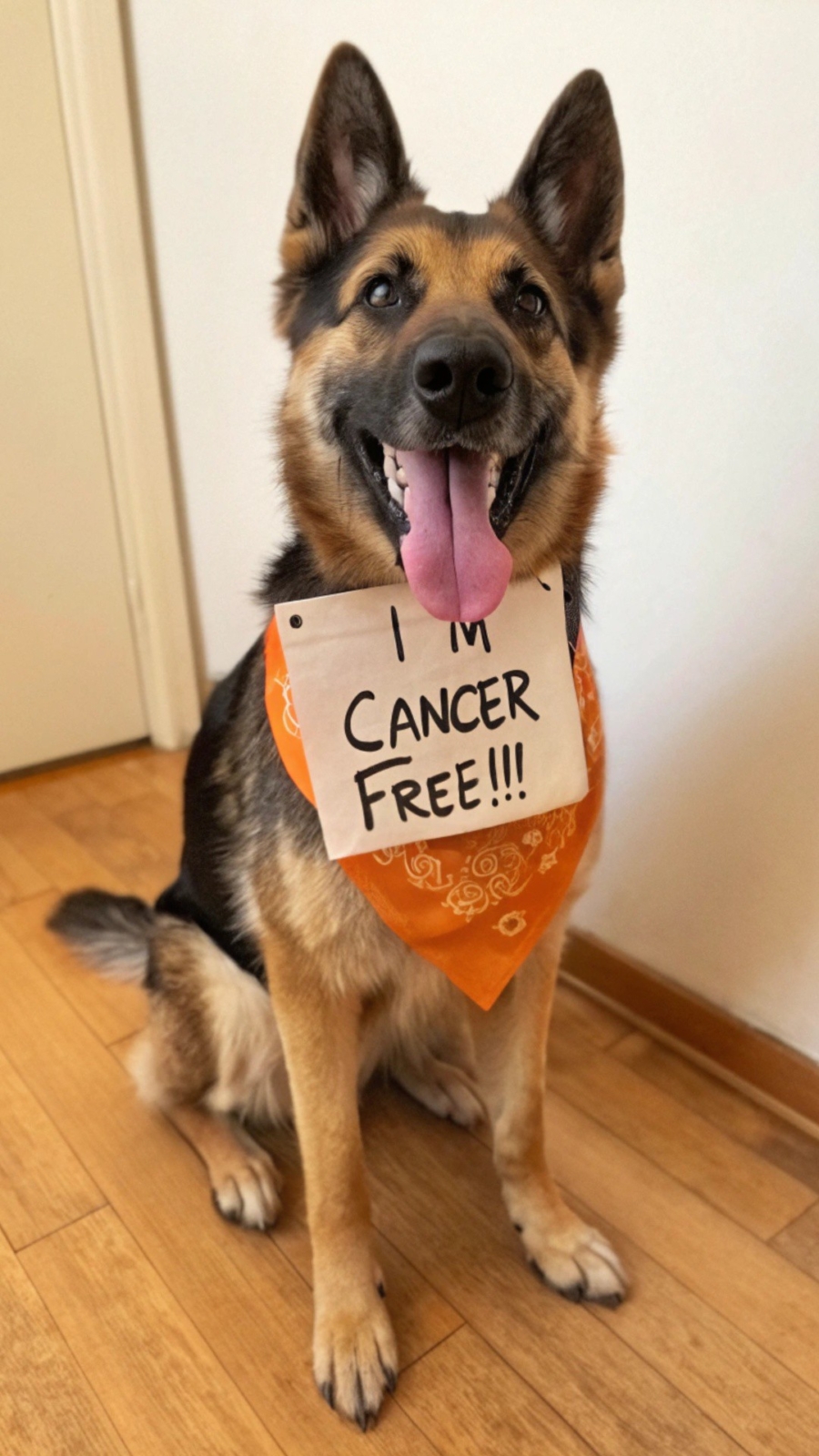
The Battle for Life
The delicate surgery was performed by a specialized orthopedic oncologist, successfully removing the tumor. However, the path was far from over. Rex, who thrived on action and purpose, struggled with the confinement and low energy required during the chemo treatments. He was often nauseous, weak, and his usually upright ears seemed to droop with fatigue.
Yet, true to his breed’s spirit, Rex maintained his discipline. He never snapped or complained, enduring the medications and weekly vet visits with stoic calm. His loyalty and determination to please his owners fueled his fight.
Sarah and Tom used their social media to share Rex’s battle, detailing the specific challenges of treating cancer in a large, active working breed. They posted videos of Rex trying to do light “jobs” around the house, like carrying a favorite toy or gently nudging a ball, even on his low-energy days. The hashtag #GermanShepherdStrong quickly gained traction.

The Guardian of Hope
After ten challenging months, the incredible news finally came. The scans were clear: Rex was in full remission! He had beaten the aggressive cancer. Rex, though slightly scarred and monitored carefully, was once again running, playing, and standing tall, a testament to his grit and his family’s dedication.
Rex’s triumph resonated deeply within the national German Shepherd community, and across the wider pet world. Families with large breeds often face higher medical costs and unique physical challenges during treatment. Rex’s story proved that a full recovery was possible.
Tom and Sarah were motivated by the hundreds of messages they received. They established “The Shepherd’s Resolve,” a non-profit foundation. They focused on providing information and financial aid to owners of large-breed dogs battling cancer, specializing in connecting them with top veterinary oncologists and physical therapy programs essential for large dogs post-surgery.
Rex, the 3-year-old German Shepherd, now served as the living symbol of the foundation. He attended local events, walking with a proud, steady gait, his scar a badge of honor.
Rex taught everyone that courage is not just about barking loudly, but about enduring the quiet, painful fight, and coming out on the other side with unwavering resolve. He was, and always would be, the Millers’ loyal guardian and an inspiration to all.

Dogs with cancer are helping save lives—both canine and human
The Comparative Immunotherapy Program led by Penn Vet’s Nicola Mason is redefining how therapies are developed and tested—uniting human and veterinary medicine to move promising immunotherapies forward.
For veterinarian and clinician scientist Nicola Mason, it is all about her patients. So when she saw promising preclinical results from a new immunotherapy for HER2+ breast cancer, she recognized an opportunity to both potentially help her patients and accelerate testing in the human clinic.
What followed marked a turning point. That initial clinical trial—now featured in the documentary “Shelter Me: The Cancer Pioneers,” up for two Emmys on Oct. 17—revealed the potential of uniting efforts across Penn’s campus to facilitate and accelerate groundbreaking translational research.


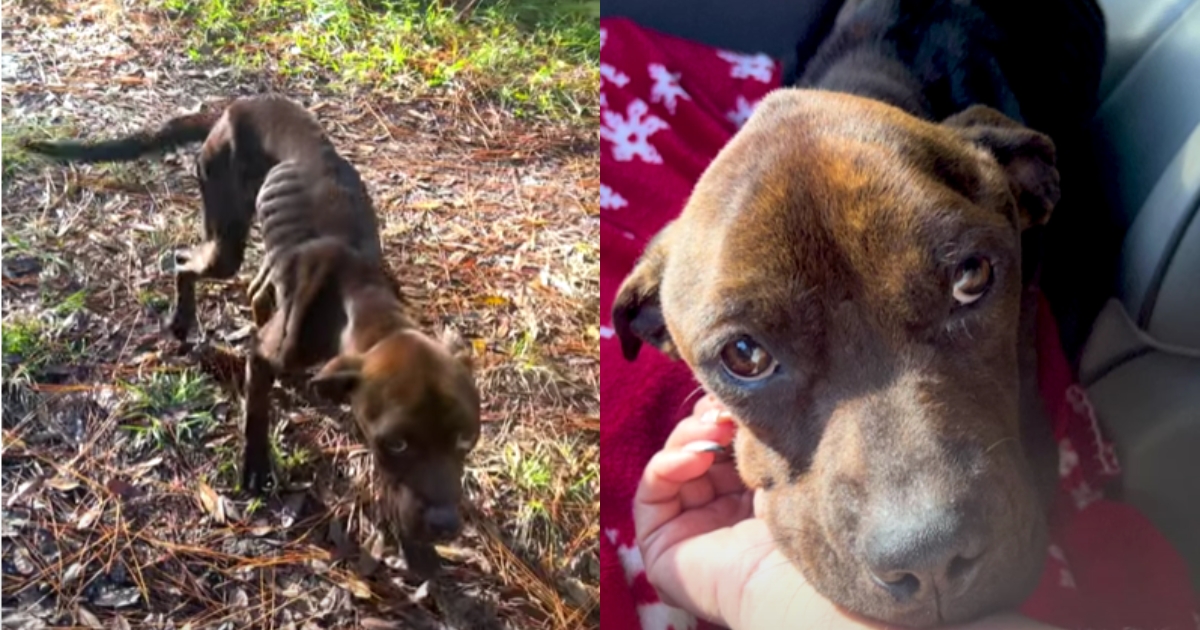


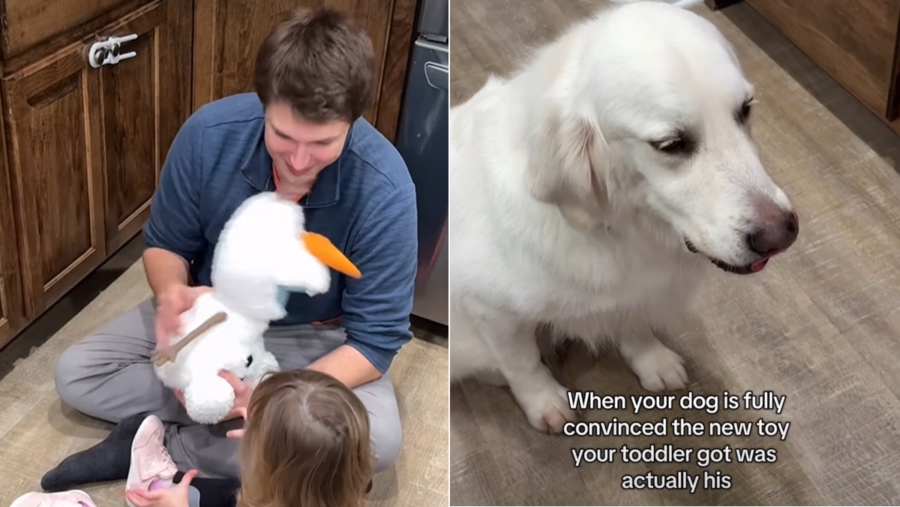
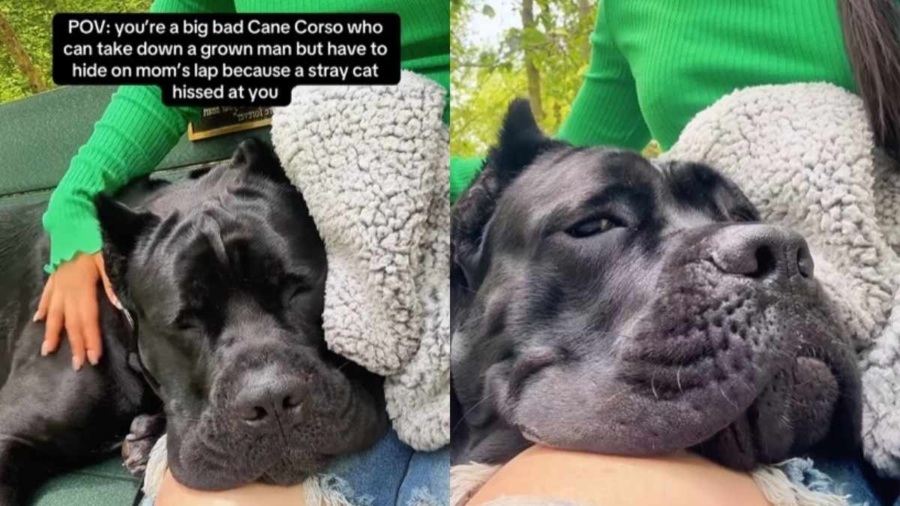




















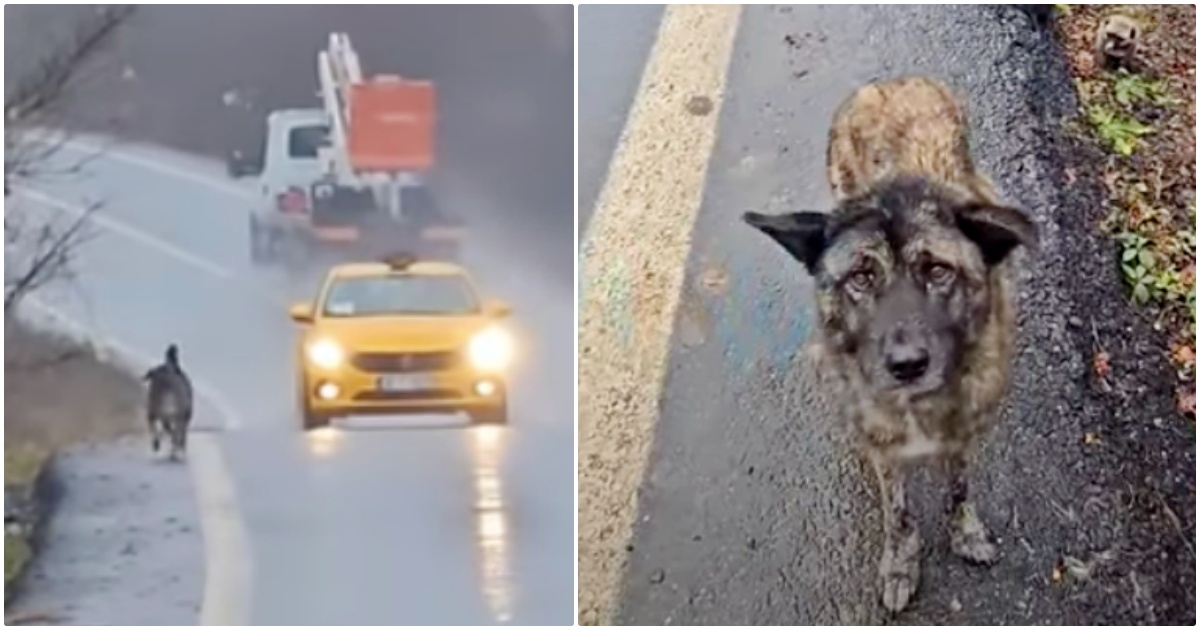







:max_bytes(150000):strip_icc():focal(999x0:1001x2)/Keith-Urban-and-Nicole-Kidman-092925-fb84103d354b43ec9ba325e9671766a2.jpg?w=1200&resize=1200,0&ssl=1)



:max_bytes(150000):strip_icc():focal(999x0:1001x2)/catherine-ohara-013026-7-4b5b413a646d4f15a1fd15ac8b933811.jpg?w=1200&resize=1200,0&ssl=1)


